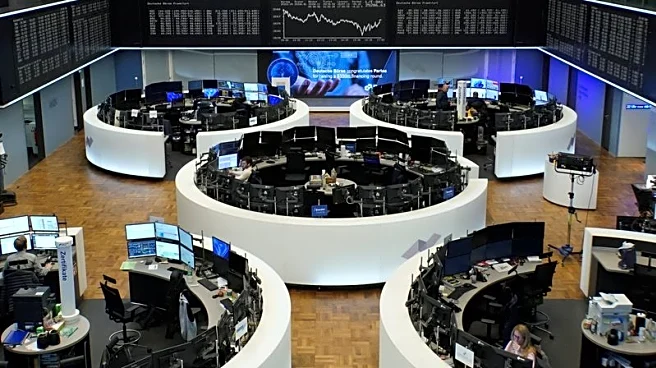Bristol, a city in South West England, is a cathedral city, unitary authority area, and ceremonial county. It is the most populous city in the region, built around the River Avon and bordered by Gloucestershire to the north and Somerset to the south. Bristol is the second largest city in Southern England, after London. The city has a rich history, with Iron Age hillforts and Roman villas built near the confluence of the rivers Frome and Avon. Bristol received
a royal charter in 1155 and was historically divided between Gloucestershire and Somerset until 1373 when it became a county corporate.
First Peoples & First Mentions
Archaeological finds, including flint tools believed to be between 300,000 and 126,000 years old, indicate the presence of Neanderthals in the Shirehampton and St Annes areas of Bristol during the Middle Palaeolithic. Iron Age hill forts near the city are at Leigh Woods and Clifton Down, on the side of the Avon Gorge, and on Kings Weston Hill near Henbury. A Roman port, Portus Abonae, existed at what is now Sea Mills, connected to Bath and Gloucester by Roman roads.
Explorers, Missions & Colonial Outposts
Bristol was founded by 1000; by about 1020, it was a trading center with a mint producing silver pennies bearing its name. Under Norman rule, the town had one of the strongest castles in southern England. Bristol was the place of exile for Diarmait Mac Murchada, the Irish king of Leinster, after being overthrown. The Bristol merchants played a prominent role in funding Richard Strongbow de Clare and the Norman invasion of Ireland.
From Empire to Nation: Transfers of Rule
During the 15th century, Bristol was the second most important port in the country, trading with Ireland, Iceland, and Gascony. It was the starting point for many voyages, including John Cabot's 1497 voyage to North America. Bristol merchants concentrated on developing trade with Spain and its American colonies during the 16th century. The original Diocese of Bristol was founded in 1542, and Bristol gained city status that year.
Rails, Roads & River Landings: Corridors That Sited Bristol
The city's modern economy is built on the creative media, electronics, and aerospace industries. The city-center docks have been redeveloped as cultural and heritage centers. Bristol is connected to the world by Bristol Airport and to the rest of Great Britain via Bristol Temple Meads and Bristol Parkway mainline rail stations. The M5 and M4 motorways connect the city center by the Portway and M32.















